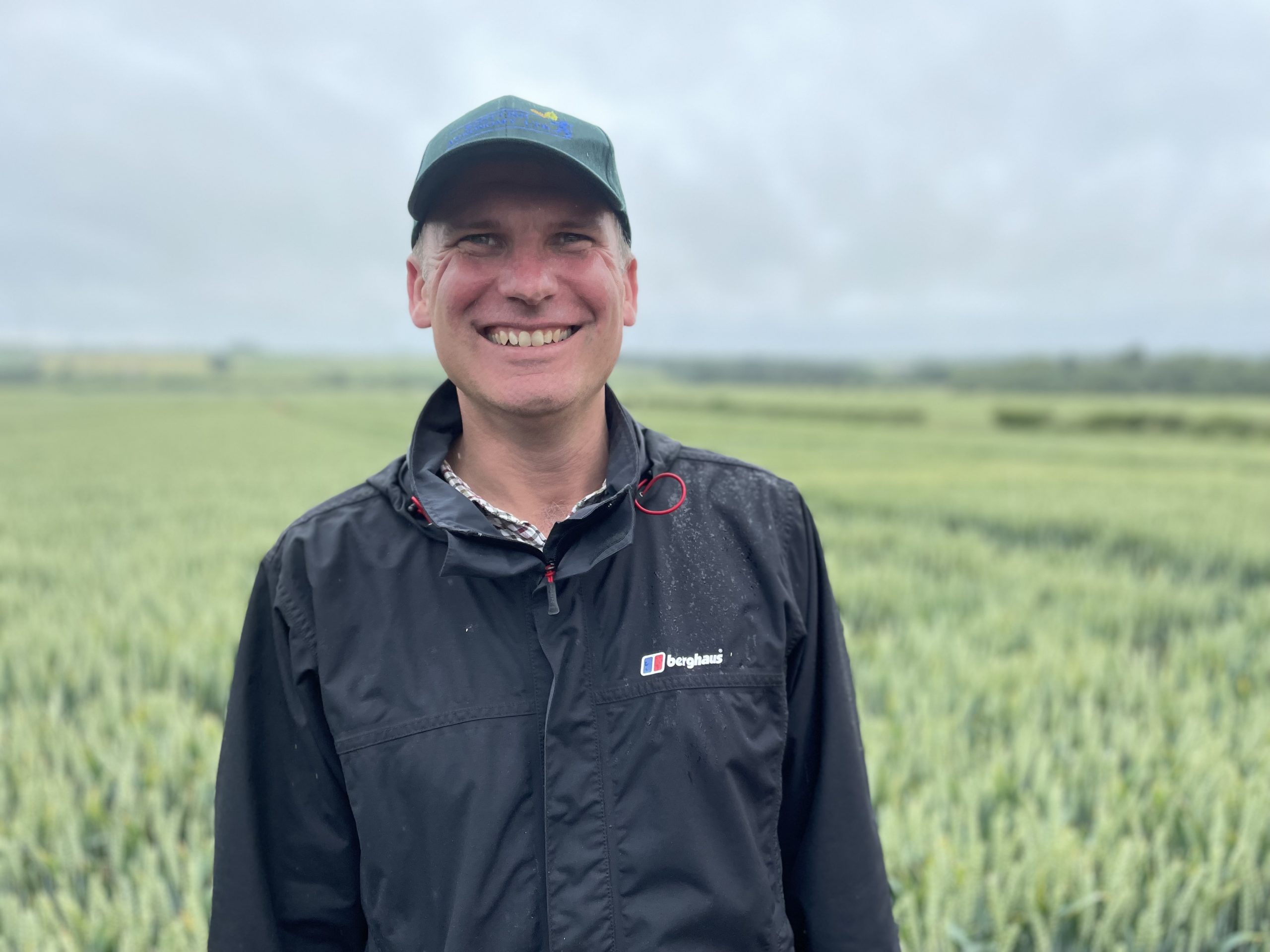In March, the UK launched its Pesticides National Action Plan (NAP) 2025. The objective is to reduce pesticide use for environmental and human health reasons.
While it recognises that farmers need the tools to grow food and the merits of Integrated Pest Management – or Integrated Crop Management (ICM) – it’s missing some critical points, says Greg Dawson, independent agronomist and Deputy Managing Director of the farmer-owned cooperative, Scottish Agronomy.
“If we focus too narrowly on chemical reduction targets without considering their real-world implications, policy makers may unintentionally make growing food in the UK less sustainable—practically, economically, and environmentally,” he explains.
Farmers have generally become hardened to the fact that the toolbox is being repeatedly squeezed, and each new policy and plan will take away another input they rely on to produce food at scale, but if it goes too far, it will make primary production in the UK unviable or unattractive to be in:
“We saw in Denmark how the introduction of a pesticide tax, in addition to an already stringent regulatory process, disincentivised the use of the multisite fungicide Mancozeb for the control of potato blight. Strains emerged that were more aggressive and adapted to overcome plant resistance and compromised the activity of some of the remaining fungicides. In some cases, crops failed to achieve a marketable yield which is the worst case for environmental and economic sustainability. These strains have now spread throughout the northern European potato producing area placing even more pressure on ICM plans.”
In the UK, the reorganisation of Plant Protection Product (PPP) regulations post Brexit resulted in the removal of the only options for grass weed control in winter oats, a crop that has a great health story for Scotland. “A swathe of our members stopped growing them in response.”
The UK is doing an amazing job, he explains. Between 1990 and 2020, synthetic inputs in the UK have reduced by 60%, while they have increased by 90% globally:
“No responsible producer would want to see unfettered use of synthetic inputs, but they have been a strong part of the UK’s food narrative since the much lauded post-Second World War Green Revolution – the innovations in plant breeding and the introduction of chemical fertilisers and pesticides which increased yields, feeding a growing population, improving standards of living and suppressing food prices. They still have an essential place today.”
While the NAP recognises the importance of ICM (referred to as IPM), it fails to appreciate that it is a strategic approach with multiple tools that rely on each other, Greg highlights:
“The clue is in the word ‘integrated’. Without, or with limited, chemistry, one of the legs of the stool has gone. Crop rotation, variety choice and drilling dates are key components of ICM but their effectiveness to reduce weed, pest and disease pressure is supported and protected by the use of plant protection products, and critically, multiple modes of action. Ongoing withdrawals and regulatory constraints are eroding our ability to fully utilise one important suite of tools effectively, and that has consequences for the others too.”
Calls to reduce synthetic inputs often overlook the trade-offs, he adds:
“Lower yields per acre mean more land will be required to maintain production – and taken out of ‘nature’ – or less food is produced. The cost of production goes up, food becomes more expensive, or we import more, outsourcing the environmental impact and losing control of all aspects of production, including the use of chemical inputs.”
The Oilseed Example
The co-operative United Oilseeds have highlighted to the industry that the production of vegetable oil is an example of the combined effects of eroded food security and ‘offshoring’ the consequences of affordable food production, explains Greg:
“Rapeseed oil makes up around 40% of the UK’s vegetable oil consumption. In 2013, there was a ban on neonicotinoid insecticides – used to protect oilseed crops – due to their potential impact on bees. Prior to the ban, the UK was self-sufficient in rapeseed and was an important exporter. Post ban, the yield and planted area declined significantly because of uncontrolled pest pressure. While this is a win for UK bees, the reality is more complex. The UK now relies heavily on imports from countries where neonicotinoids are still allowed through regulation or emergency derogation. The result: UK food security declines while environmental and ethical risks increase abroad.”
Palm oil, the next most consumed edible oil in the UK, often comes from developing countries whose land could also support the enormous biodiversity of tropical rainforests.
“There are very few easy wins for policy makers or the consumers they serve without resorting to NIMBY-ism.”
Being sustainable in agriculture means being realistic, scientific and safeguarding the tools that already work, Greg concludes:
“Agriculture can never be truly ‘sustainable’ unless it is providing food security, farmer viability and resilience in the face of climate, pest, and market volatility. As a sector, we’re not always good at pointing out the reasons for PPP but no other industry would discard decades of innovation and expect to thrive. While we wait for the next ‘Green Revolutions’ such as gene editing and biological inputs to prove themselves in the field, there needs to be greater understanding of how pesticides contribute to sustainable food production. Crop protection strategies and policy must be science-based and realistic—not just aspirational.”

